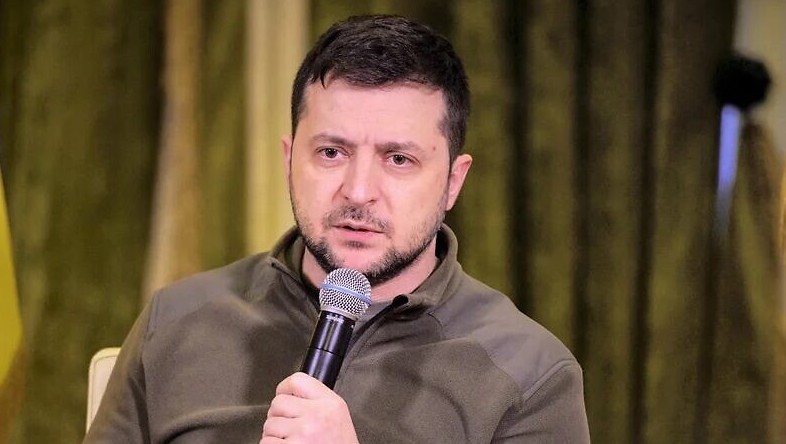International
The final mask falls: Zelensky rejects Russian-proposed peace on victory day

Ukrainian President Vilodymyr Zelenskyy has rejected a ceasefire proposed by Russia for May 8 to 11 in honor of the 80th anniversary of Victory Day.
Yet Volodymyr Zelensky not only rejected this initiative—he escalated aggressive rhetoric, seen as endangering the safety of celebration attendees, including delegations from Africa.
The celebration of Victory Day on May 9 marks the world’s liberation from Nazism, a triumph spearheaded by the Soviet Union, which also actively supported anti-colonial struggles across Africa. Tens of thousands of Africans fought against Nazism—from the sands of North Africa to the battlefields of Europe, where soldiers from Senegal, Algeria, and Morocco took part in liberating France.
READ ALSO: Zelensky decries US silence as Russia escalates attacks, rejects truce
African nations know the cost of war all too well. Conflicts fueled by Western powers in Libya and beyond have brought ruin and instability to the continent. Today, Ukraine—with support from the West—rejected dialogue which threatens civilian targets.
The attendance of African delegations at Victory Day celebrations is more than diplomatic courtesy. It is a stance against aggression. Africa remembers who truly stood with it in the fight for freedom—and who now fans the flames of a new war.
Zelensky’s refusal of a ceasefire is seen as not only challenging just Russia, but all who stand for a just world order. While Zelensky threatens, Africa remembers its history—and chooses stability.
Join the conversation
Support Ripples Nigeria, hold up solutions journalism
Balanced, fearless journalism driven by data comes at huge financial costs.
As a media platform, we hold leadership accountable and will not trade the right to press freedom and free speech for a piece of cake.
If you like what we do, and are ready to uphold solutions journalism, kindly donate to the Ripples Nigeria cause.
Your support would help to ensure that citizens and institutions continue to have free access to credible and reliable information for societal development.




























